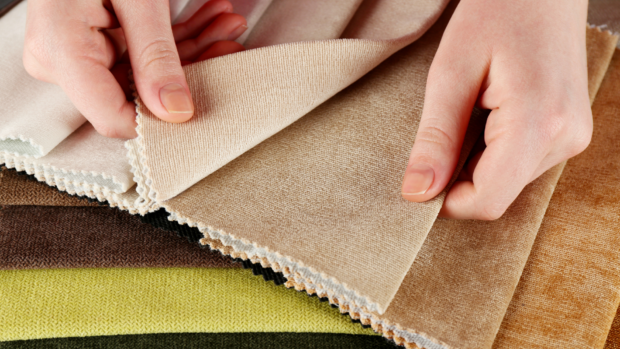The fabric that can tell the difference between a kiwi and an avocado

INQUIRER.net stock photo
In collaboration with Microsoft, researchers at several universities in the United States and China have developed an interactive smart fabric. Dubbed Capacitivo, it can recognize certain devices or even foods placed on its surface, thanks to inbuilt electrodes. It has a variety of potential uses.
Capacitivo is a contact-based object recognition technique developed for interactive fabrics using capacitive sensing. It features a conductive fabric with over 100 electrodes attached to a textile substrate. The smart fabric has already been shown to recognize a sample of several objects, including plastic items, dinnerware and fruit (avocado, kiwi, grapefruit), with 94.5% accuracy.
In terms of potential applications, Capacitivo — which is still a prototype at the moment — could be used in all kinds of situations, such as alerting users to forgotten objects when leaving a room or to a missed ingredient when following a recipe.
Capacitivo is the result of research by scientists from several universities (Dartmouth College in the U.S., Wuhan and Southeast Universities in China) and was presented as part of the UIST 2020 conference, which is being held online this year due to the COVID-19 pandemic. RGA
RELATED STORIES:
Drone trucks deliver the future of haulage
Microsoft unveils ‘deepfake’ detector ahead of US vote